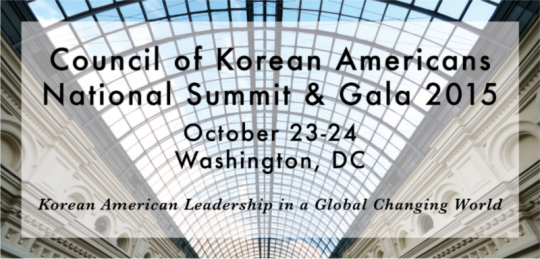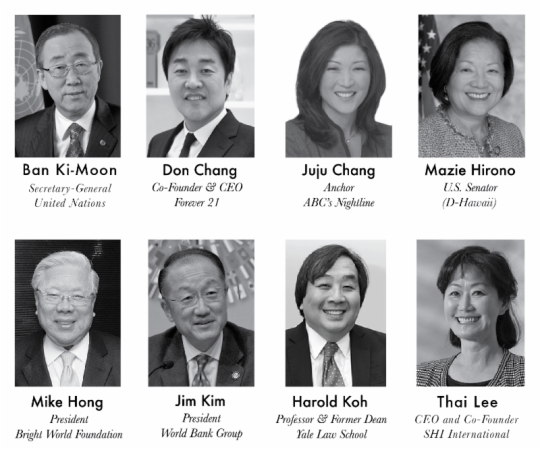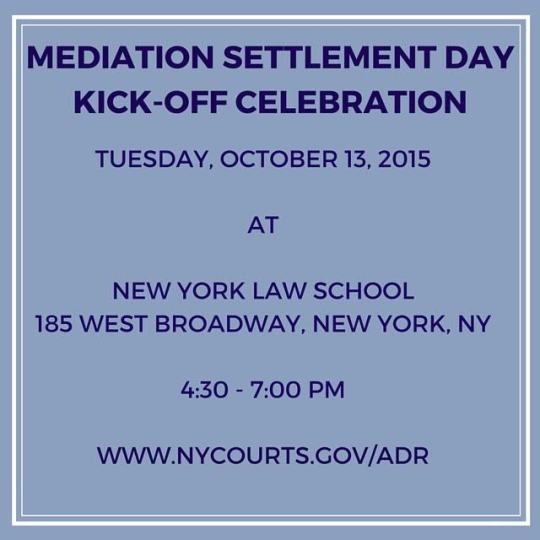For Immediate Release
Sept. 2, 2015
For More Information, Contact:
Brett Schuster, Communications Manager
bschuster@napaba.org, 202-775-9555
WASHINGTON – The National Asian Pacific American Bar Association (NAPABA) is proud to present the 2015 Pro Bono Award to James McManis, Elizabeth Pipkin, Christine Peek, Ruby Kazi, and Jennifer Murakami of McManis Faulkner. This award recognizes a team of attorneys for outstanding achievements in pro bono service that: (1) involved impact litigation to advance or protect civil rights, (2) provided direct legal services to individuals in the furtherance of the administration of justice. The McManis Faulkner team’s historic victory in Ibrahim v. Department of Homeland Security is exemplary.
The 2015 Pro Bono Award will be presented at the 2015 NAPABA Convention on Nov. 7, 2015, in New Orleans, La.
James McManis, Elizabeth Pipkin, Christine Peek, Ruby Kazi, and Jennifer Murakami served as trial counsel in the first successful challenge to the U.S. government’s post-9/11 terrorist watch list system. The client, Dr. Rahinah Ibrahim, was a Malaysian scholar who lived in the U.S. for many years while studying for her Ph.D. at Stanford University. Dr. Ibrahim challenged the constitutionality of the Government’s terrorist watch lists after she was arrested at San Francisco International Airport and informed she was on the No-Fly List. More than eight years later, the McManis Faulkner trial team would make the Government admit that Dr. Ibrahim was erroneously placed on terrorist watch lists due to a bureaucratic error.
The five-member McManis trial team, opposing 12 U.S. government lawyers, ultimately forced the Government to concede at trial that Dr. Ibrahim never posed a threat to national security and that she does not meet the reasonable suspicion standard for inclusion in the Terrorist Screening Database (TSDB). The McManis Faulkner team’s historic victory in Ibrahim laid the foundation for erroneously watch-listed individuals to clear their names by revealing: (1) the Executive Branch had created at least one secret exception to the “reasonable suspicion” standard, (2) the Government asserts absolute and unreviewable discretion in its watch list decisions, and (3) the Government’s redress system deprives individuals of due process of law.
Regrettably however, to date, the Executive Branch has still not allowed Dr. Ibrahim to obtain a visa to return to the U.S.
“NAPABA congratulates the McManis Faulkner team of James McManis, Elizabeth Pipkin, Christine Peek, Ruby Kazi, and Jennifer Murakami on receiving the 2015 NAPABA Pro Bono Award,” said NAPABA President George C. Chen. “Their remarkable effort in the aide of Dr. Ibrahim truly exemplifies the pro bono spirit, and we are delighted to honor their success in this landmark case.”
A member of the trial bar for more than 40 years, Mr. McManis is an honorary bencher of the Honorable Society of King’s Inns, the oldest institution of legal education in Ireland. In addition, he is a Fellow of the Academy of Court Appointed Masters, American College of Trial Lawyers, Litigation Counsel of America, American Bar Foundation, and International Academy of Trial Lawyers.
Ms. Pipkin is one of the youngest members of the Board of Trustees of the Law Foundation of Silicon Valley, the largest provider of free legal services for those in need in Silicon Valley. She serves on the litigation committee, which manages all impact litigation brought by the Law Foundation. Elizabeth is also a member of the Santa Clara County Bar Association (SCCBA) and the Harvard Law School Alumni Association of Northern California.
Ms. Peek is an active member of SCCBA and is currently a member of the High Technology Section. Previously, she was co-chair of the SCCBA’s Rainbow Committee and was a member of the SCCBA’s Board of Trustees, its Appellate Courts Committee and the Conference of Delegates. She also served as managing editor of the Santa Clara Law Review. Christine is also a member of California Women Lawyers and has moderated proceedings examining women lawyers’ relationship to technology and how that relationship can enhance the practice of law.
Ms. Kazi serves as president of the Asian Law Alliance (ALA), a non-profit organization that provides legal services to Santa Clara County’s low income population, particularly within the Asian/Pacific Islander community. She is also the founder of Lady Lawyers for Lunch, an informal group that meets quarterly to allow women attorneys to exchange ideas, discuss balance, and increase their networks.
Ms. Murakami is a member of SCCBA and the Asian Pacific American Bar Association of Silicon Valley. She was the editor-in-chief of the Asian American Law Journal of Berkeley School of Law and she also frequently hosts Berkeley Law Alumni events in San Jose.
McManis Faulkner, a San Jose, Calif.-based trial firm, provides a full range of services, representing both corporations and individuals through trial and appeal. The firm handles a wide range of litigation, including business, civil rights, class actions, criminal, employment, family, general civil, intellectual property, personal injury, probate, and professional negligence. With experienced, well-trained trial lawyers and staff, McManis Faulkner prides itself on its diversity – beyond ethnic, cultural and religious diversity, women comprise a majority of the firm’s management and staff.
The National Asian Pacific American Bar Association (NAPABA) is the national association of Asian Pacific American attorneys, judges, law professors, and law students. NAPABA represents the interests of over 40,000 attorneys and approximately 70 national, state, and local Asian Pacific American bar associations. Its members include solo practitioners, large firm lawyers, corporate counsel, legal services and non-profit attorneys, and lawyers serving at all levels of government.
NAPABA continues to be a leader in addressing civil rights issues confronting Asian Pacific American communities. Through its national network of committees and affiliates, NAPABA provides a strong voice for increased diversity of the federal and state judiciaries, advocates for equal opportunity in the workplace, works to eliminate hate crimes and anti-immigrant sentiment, and promotes the professional development of people of color in the legal profession.
To learn more about NAPABA, visit www.napaba.org, like us on Facebook, and follow us on Twitter (@NAPABA).




